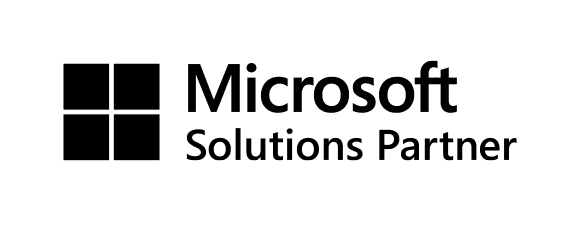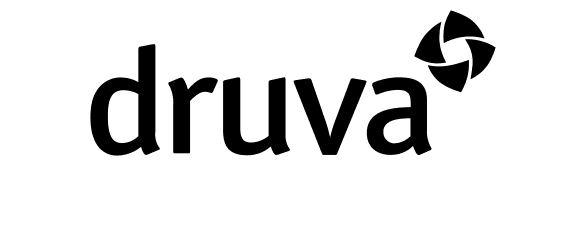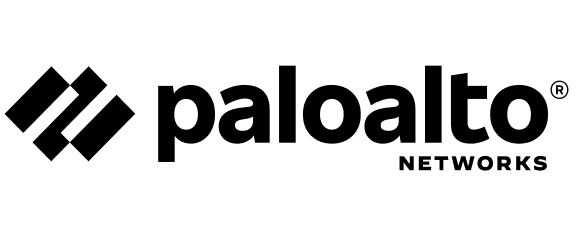
Comprehensive data protection
and IT support
Modern technologies for the development of medical facilities
Harness the potential of modern digital tools to effectively manage data, increase control over access, and simplify daily staff duties. Bet on solutions that support your facility’s growth, ensure regulatory compliance and allow you to focus on what matters most – patient care.
How does Microsoft 365 help provide security and convenience?
1 World-class security: All data is transmitted in encrypted form – even if someone physically takes over your computer, phone or flash drive, no document will be opened without special permissions. The system automatically blocks unauthorized login attempts. Stored files are regularly backed up, so even in the event of a disaster they can be restored.
2 Protection against attacks: Built-in mechanisms detect suspicious emails (e.g., fake invoices, transfer requests, etc.) and automatically filter them. Employees can report suspicious messages to the IT department, which responds quickly.
“Data security in any facility is a cornerstone that we need to prioritize.”

3 Access control: Each user (doctor, nurse, receptionist) can see and edit only the information they actually need for their work. If a device is lost, all facility data can be remotely deleted from it.
4 Legal Compliance: Microsoft 365 is compliant with RODO and has all required security certifications. This allows you to easily prepare the reports required during inspections or audits.
5 Convenience of use: Employees have access to all tools with one login and password, reducing the number of problems with forgotten login information. Everything is organized in one place, and training new employees is easier.
With these solutions, the owner or administrator of the facility can rest easy, knowing that the data is protected according to the latest standards, and in case of any problems – everything can be easily restored to operation.

Why use IT care?
The most important safety rules for a medical facility
Enable two-factor authentication (MFA): Each user, before gaining access to data, must additionally confirm his or her identity (e.g. through a code from the phone). This makes it much more difficult for unauthorized people to take over your account.
Implement security policies: Passwords should be strong and changed regularly, files must be encrypted, and all data should be backed up regularly (backup).
“Adequate organization of work and security in a medical facility is a guarantee of safety for patients and staff.”

Use central device management (Intune): This allows you to remotely manage access to data, locking or deleting information on devices, even if they are private (such as doctors’ phones).
Take care of regular staff training: Employees should know how to recognize phishing attempts, what to watch out for when using mail or the Internet, and to whom to report suspicious situations.
Always enlist the help of a professional IT team: Entrust any implementations, upgrades or troubleshooting to specialists so you don’t put your facility at risk.
Stable and effective operation of a medical facility requires consistent implementation of proven information protection procedures and continuous improvement of digital security.


Investment in digital security – the key to the development of a medical facility
Data security and a modern IT environment are not only a legal requirement, but more importantly the foundation of running a medical clinic professionally. By investing in the right tools and IT care, owners and administrators can focus on what matters most – caring for the health of patients and the growth of their facility, confident that the entire infrastructure is secure, efficient and compliant.



